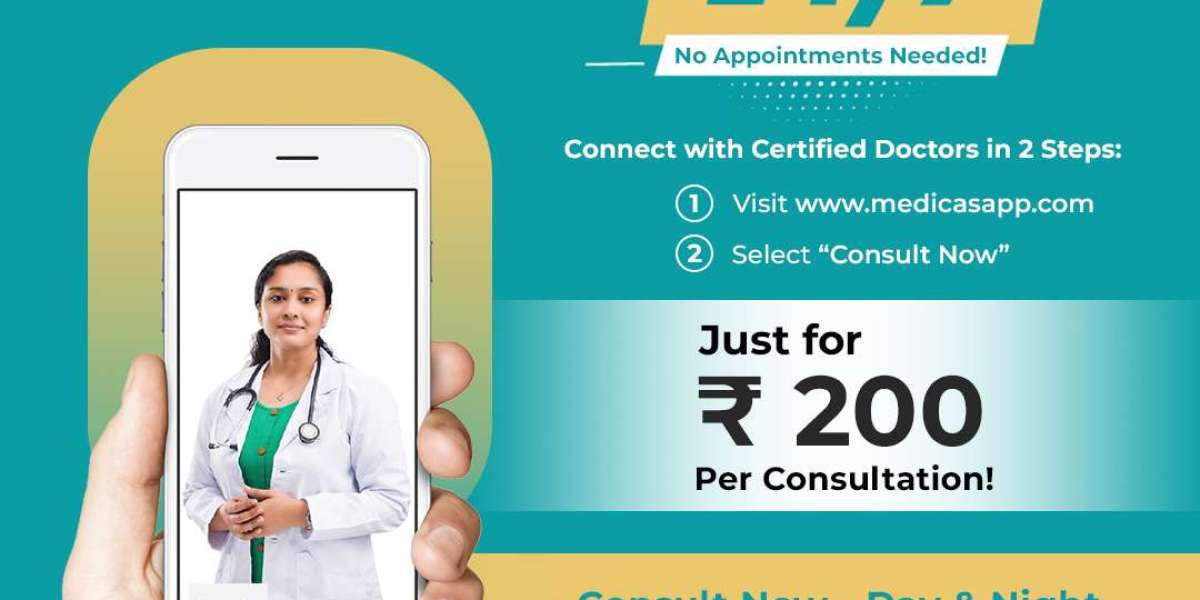In recent years, the healthcare industry has undergone significant transformation, particularly with the advent of technology-driven solutions. One such innovation is the rise of instant online doctor consultations, a service that allows patients to consult with medical professionals in real-time via the Internet. This approach to healthcare is not only reshaping the patient experience but also addressing several longstanding issues in traditional medical care.
Accessibility and Convenience
One of the primary advantages of instant online doctor consultations is accessibility. Traditional healthcare systems often involve long wait times for appointments, travel to and from medical facilities, and limited availability of specialists, particularly in rural or underserved areas. Online consultations eliminate these barriers by providing immediate access to healthcare professionals from the comfort of one's home. This is particularly beneficial for individuals with mobility issues, those living in remote areas, or anyone with a busy schedule.
How It Works:
The process of an instant online doctor consultation is straightforward. Patients typically start by logging into a healthcare platform via a computer or mobile device. They can then select from a list of available doctors, often sorted by specialty or expertise. Once a doctor is chosen, the consultation takes place through video call, chat, or even email, depending on the platform's features. Patients can discuss their symptoms, medical history, and concerns just as they would in a face-to-face visit. Many platforms also allow for the sharing of images, lab results, and other medical documents to facilitate a comprehensive evaluation.
Quality of Care:
A common concern about online consultations is the quality of care. However, studies and patient testimonials often indicate high satisfaction rates with telehealth services. Many online platforms employ board-certified doctors who undergo rigorous screening processes to ensure they meet high standards of care. Furthermore, these consultations can effectively address various non-emergency conditions such as colds, infections, skin issues, and mental health concerns. Doctors can refer patients to in-person specialists or emergency services for more complex or urgent conditions.
Cost-Effectiveness:
Another significant benefit is cost-effectiveness. Online consultations tend to be less expensive than traditional office visits. This is partly due to the reduced overhead costs for healthcare providers, such as office space and administrative staff. Additionally, many insurance companies now cover telehealth services, further reducing out-of-pocket expenses for patients. For those without insurance, the lower cost of online consultations can make healthcare more accessible.
Challenges and Considerations:
Despite its many advantages, instant online doctor consultations do face some challenges. One of the main issues is the digital divide; not everyone has access to the necessary technology or reliable internet connection. There are also concerns about data security and privacy, as sensitive health information is transmitted electronically. Healthcare providers must ensure robust security measures to protect patient data.
Moreover, while online consultations are suitable for many health issues, they are not a substitute for emergency care or detailed physical examinations. Patients need to be aware of the limitations and seek in-person care when necessary.
Future Prospects:
The future of instant online doctor consultations looks promising. The COVID-19 pandemic has accelerated the adoption of telehealth, and many of the regulatory barriers have been relaxed, allowing for greater innovation and integration into mainstream healthcare. As technology continues to advance, we can expect even more sophisticated tools, such as AI-driven diagnostics and virtual reality interfaces, to enhance the telehealth experience.
Conclusion:
In conclusion, instant online doctor consultations represent a significant shift towards more accessible, convenient, and cost-effective healthcare. While challenges remain, the benefits for patients and the healthcare system are undeniable. As this model continues to evolve, it has the potential to greatly improve health outcomes and make quality medical care more accessible to all.








